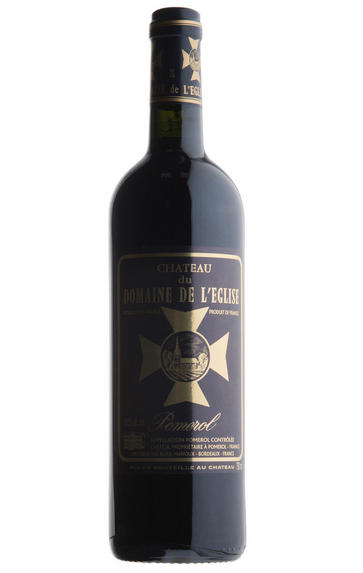
About this WINE
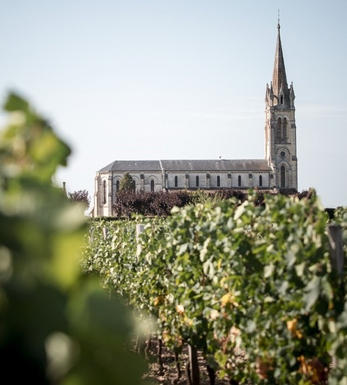
Chateau du Domaine de L'Eglise
Domaine de L'Eglise is reputedly the oldest château and vineyard in Pomerol, this 6 hectare domaine was purchased by Emile Castéja, who owns Château Batailley and Château Trotte Vieille, in 1972. Much replanting took place and the wine, which is a blend of 90% Merlot and 10% Cabernet Franc, is now one of Pomerol`s smartest buys.
Previously the wine was elegant but light - nowadays the wine has more body and concentration, as a consequence of a longer maceration period as well as spending 18 months in oak barriques (65% new).
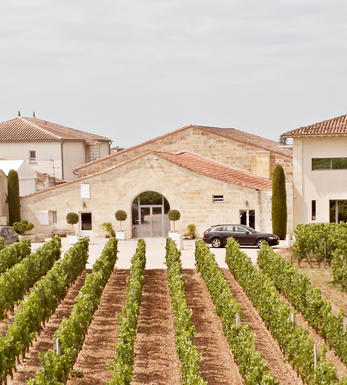
Pomerol
Pomerol is the smallest of Bordeaux's major appellations, with about 150 producers and approximately 740 hectares of vineyards. It is home to many bijou domaines, many of which produce little more than 1,000 cases per annum.
Both the topography and architecture of the region is unremarkable, but the style of the wines is most individual. The finest vineyards are planted on a seam of rich clay which extends across the gently-elevated plateau of Pomerol, which runs from the north-eastern boundary of St Emilion. On the sides of the plateau, the soil becomes sandier and the wines lighter.
There is one satellite region to the immediate north, Lalande-de-Pomerol whose wines are stylistically very similar, if sometimes lacking the finesse of its neighbour. There has never been a classification of Pomerol wines.
Recommended Châteaux : Ch. Pétrus, Vieux Ch. Certan, Le Pin, Ch. L’Eglise-Clinet, Ch. La Conseillante, Ch. L’Evangile, Ch. Lafleur, Trotanoy, Ch. Nenin, Ch. Beauregard, Ch. Feytit-Clinet, Le Gay.
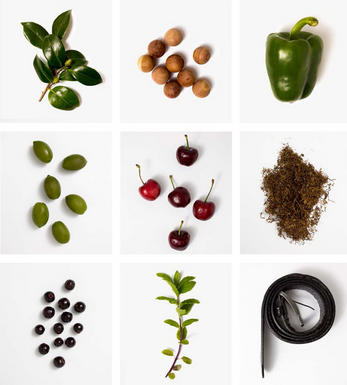
Cabernet Sauvignon Blend
Cabernet Sauvignon lends itself particularly well in blends with Merlot. This is actually the archetypal Bordeaux blend, though in different proportions in the sub-regions and sometimes topped up with Cabernet Franc, Malbec, and Petit Verdot.
In the Médoc and Graves the percentage of Cabernet Sauvignon in the blend can range from 95% (Mouton-Rothschild) to as low as 40%. It is particularly suited to the dry, warm, free- draining, gravel-rich soils and is responsible for the redolent cassis characteristics as well as the depth of colour, tannic structure and pronounced acidity of Médoc wines. However 100% Cabernet Sauvignon wines can be slightly hollow-tasting in the middle palate and Merlot with its generous, fleshy fruit flavours acts as a perfect foil by filling in this cavity.
In St-Emilion and Pomerol, the blends are Merlot dominated as Cabernet Sauvignon can struggle to ripen there - when it is included, it adds structure and body to the wine. Sassicaia is the most famous Bordeaux blend in Italy and has spawned many imitations, whereby the blend is now firmly established in the New World and particularly in California and Australia.


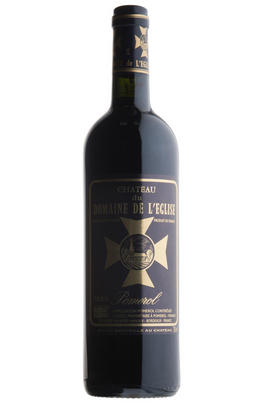
Buying options
Add to wishlist
Description
The property is well-situated to the north of the Pomerol plateau, where there is a little more sand and gravel, and the famous Pomerol clay. There are some old vines on the property and the wine has plenty of weight this year, concentrated by the dry summer, with heady roasted notes of ripe damson and prune. Drink 2024-2035.
Blend: 95% Merlot, 5% Cabernet Franc
wine at a glance
Delivery and quality guarantee